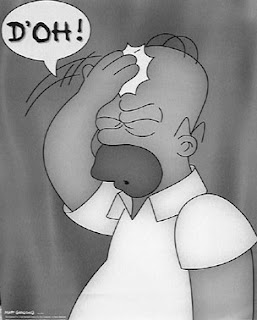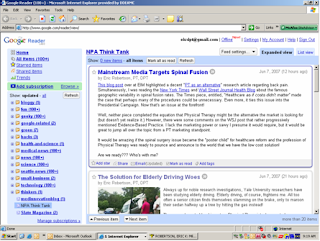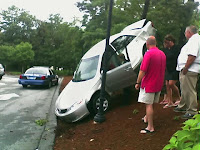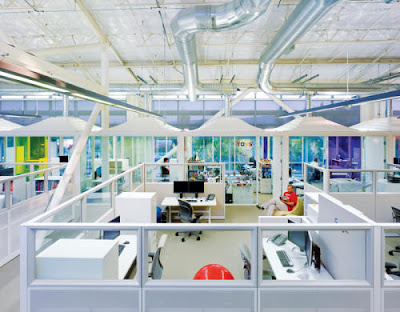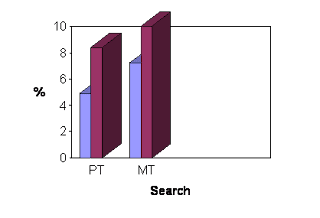I have been writing my blog, NPA Think Tank for less than one year. In that short time, I have been fortunate enough to get some good exposure and a fairly loyal audience. The Evidence in Motion Group has been very helpful in support of my pursuit.
To them, and my readers, I ‘d like to say, "Thank You!"
Today, I’m happy to announce that my blog posts about Physical Therapy will begin co-appearing directly on the Evidence in Motion Blog at MyPhysicalTherapySpace.com. I’m excited for a new level of exposure and for a new audience. NPA Think Tank will still have some posts unique to it, which will help fulfill the "healthy living… and a vast array of seemingly random topics" part of my tag line.
I have also begun helping out with the Physiospot Musculoskeletal Blog, which is working to be a resource to deliver updates of new research as it breaks. This is part of a collection of sites worth a visit for Physical Therapists. Their tag line: "Assisting health practitioners with evidence based practice and continued professional development." Physio implying a Canadian-based site in this case.
Finally, and hopefully your still with me, I will direct you to an interesting editorial that appeared in this month’s issue of Contraception, An International Reproductive Health Journal. (Please, do not read into this…visiting just by chance!) Anyway, the editorial entitled, "Why We Need to Truly Understand the Medical Literature", lets the audience in on "One of the best kept secrets among health care providers…"
The secret: Many healthcare providers— especially medical doctors — do not have the ability to understand and interpret the medical literature. I liked the article because it brings up some good questions about training future providers in topics of critical appraisal and evidence-based practice principles.
Eric
Labels: physical therapy, Research, Science Literacy

